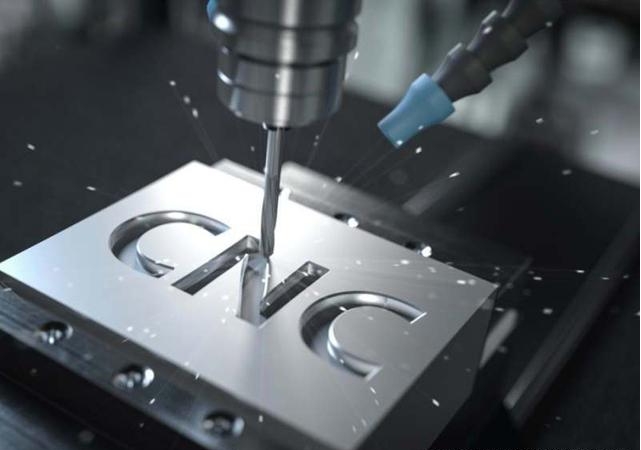Artificial Intelligence: How Artificial Intelligence Impacts CNC Machining+ View more
Artificial Intelligence: How Artificial Intelligence Impacts CNC Machining
+ View more
Date:2023-11-07 11:00
Introduction:
Artificial Intelligence (AI) has emerged as a transformative technology across various industries, and its impact on CNC machining is no exception. This article explores the comprehensive details of how AI is revolutionizing CNC machining processes, enabling enhanced efficiency, precision, and automation.
Improved Design and Optimization:
AI-powered software and algorithms have enabled engineers and designers to create more complex and optimized designs for CNC machining. Machine learning algorithms can analyze vast amounts of data and optimize tool paths, reducing material waste and improving overall efficiency. Additionally, AI algorithms can suggest design modifications to enhance part manufacturability and reduce production costs.
Intelligent Tool Path Generation:
Traditionally, tool path generation required significant manual input and expertise. However, AI algorithms can now generate intelligent tool paths based on factors such as material properties, cutting parameters, and machine capabilities. These algorithms consider multiple variables simultaneously, resulting in optimized tool paths that minimize machining time while maintaining accuracy.

Predictive Maintenance:
AI-powered analytics can monitor machine performance in real time, collecting data on factors like temperature, vibration, and power consumption. By analyzing this data, AI algorithms can accurately predict equipment maintenance needs and identify potential issues before they cause unplanned downtime. Predictive maintenance helps optimize machine availability, improve productivity, and reduce overall maintenance costs.
Intelligent Monitoring and Quality Control:
AI-based vision systems can be integrated into CNC machines to monitor machining processes in real time. These systems use computer vision algorithms to detect defects, measure dimensional accuracy, and perform quality inspections. By continuously monitoring and analyzing data, AI can ensure consistent quality throughout the manufacturing process, thereby reducing scrap and rework.
Adaptive Machining:
AI algorithms can adapt machining parameters in real time based on sensor feedback and machine learning models. For example, if a CNC machine encounters a change in material hardness or tool wear, AI algorithms can adjust feed rates, cutting speeds, and tool paths accordingly. This adaptive machining capability leads to improved accuracy, reduced cycle times, and enhanced process stability.
Intelligent Decision-Making:
AI algorithms can analyze historical and real-time data to make intelligent decisions during CNC machining operations. For instance, by considering factors like production schedules, machine availability, and material inventory, AI can optimize production sequences, prioritize jobs, and minimize idle time between setups. These intelligent decisions optimize resource utilization and maximize overall productivity.

Enhanced Human-Machine Collaboration:
AI-powered CNC machines can work collaboratively with human operators. Machine learning algorithms can learn from operator preferences and adapt their behaviour accordingly. This collaboration enables operators to focus on higher-level tasks, such as process optimization, problem-solving, and innovation, while the AI handles repetitive and routine machining operations.
Conclusion:
Artificial Intelligence is revolutionizing CNC machining, enabling improved design optimization, intelligent tool path generation, predictive maintenance, intelligent monitoring, adaptive machining, intelligent decision-making, and enhanced human-machine collaboration. As AI continues to evolve, its integration into CNC machining processes promises a future of increased efficiency, precision, and automation, propelling the manufacturing industry towards new levels of productivity and competitiveness.
Share to:
Recommend wonderful blog posts

